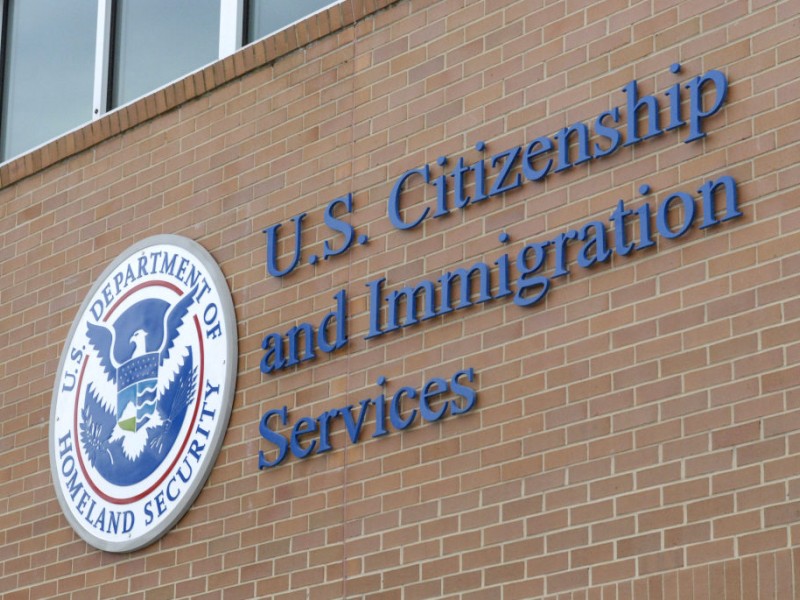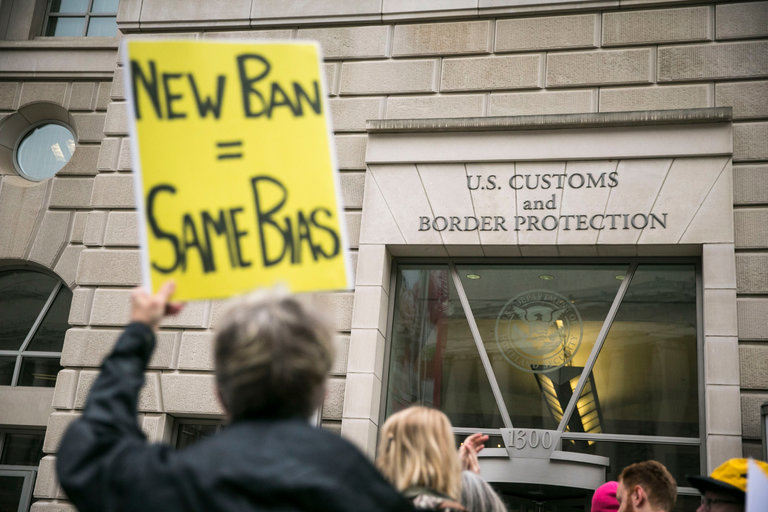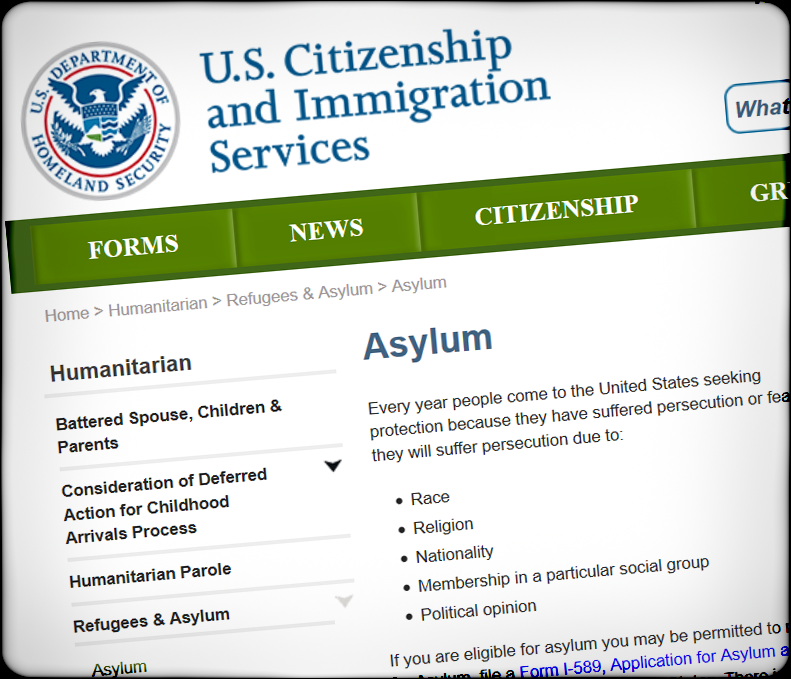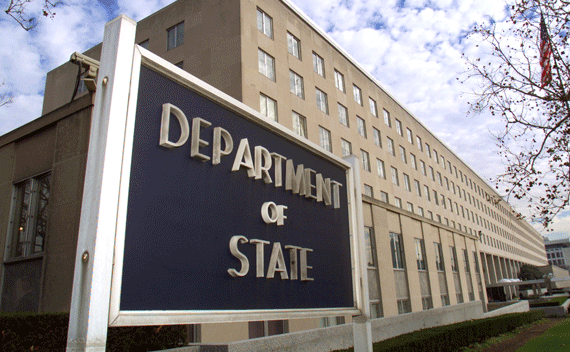Update on Form I-134A
Release Date 01/28/2025
Программа Ю4Ю для Украины временно приостановлена.
Если у вас есть возможность подать на ТПС, это остается лучший вариант для многих украинцев в США.
Due to the Jan. 20, 2025 Executive Order, Securing Our Borders, USCIS is pausing acceptance of Form I-134A, Online Request to be a Supporter and Declaration of Financial Support, until we review all categorical parole processes as required by that order.
Read here.
On January 23, 2025, the Department of Homeland Security (DHS) announced a pause of the Uniting for Ukraine (U4U) Parole Program, a special program implemented after Russia’s invasion of Ukraine that permits Ukrainians seeking temporary refuge to travel to and work in the United States.
The DHS directive halts the review and adjudication of both initial and renewal parole applications under the U4U program. While not officially terminated, the directive suggests that DHS will not accept new applications for initial parole periods or renewal (or “reparole”) applications for those seeking to extend their parole in the United States. During an undetermined review period, individuals outside the United States should not expect decisions on pending applications, and those currently in the United States are strongly encouraged to explore alternative options to maintain legal status and work authorization.
The best policy at this time is to avoid International Travel: Foreign nationals with Advance Parole or similar travel authorizations are advised not to leave the United States. Due to heightened scrutiny at ports of entry, travelers risk being denied reentry and may face expedited removal proceedings. Those seeking reentry have reportedly been asked to voluntarily depart or risk detention.
However, recently the CBP posted this update, advising travelers that the old form I-512, Advance Parole, are still acceptable documents for reentry to the United States.
Please see here.
https://www.cbp.gov/sites/default/files/2025-01/executive_order_on_securing_our_borders_20250122.pdf
Мы опубликовали видео про этут тут:
https://youtube.com/shorts/F0jxH2JbUcc?si=9XiLYtcS-LTEsJGY



















 RSS Feed
RSS Feed